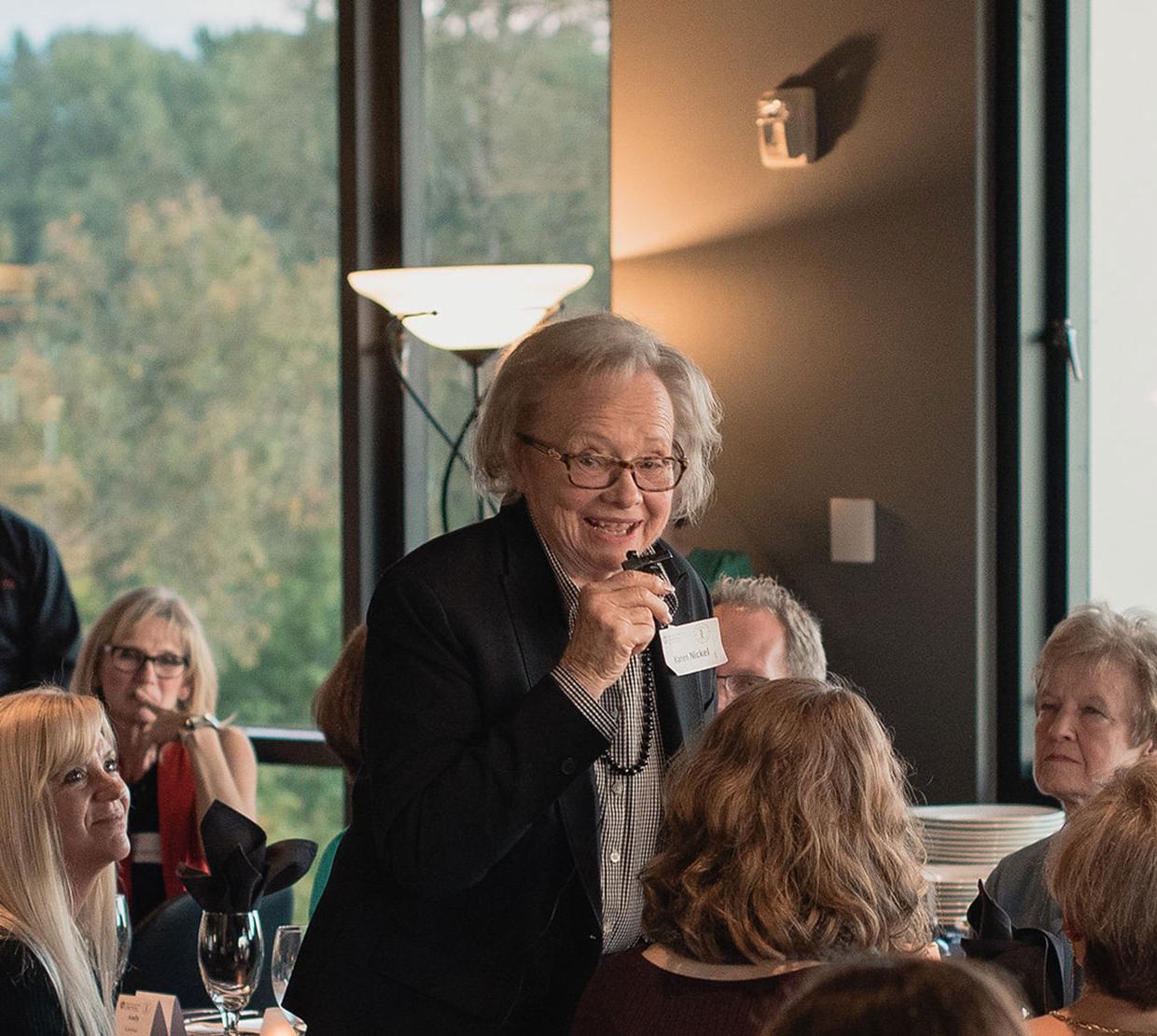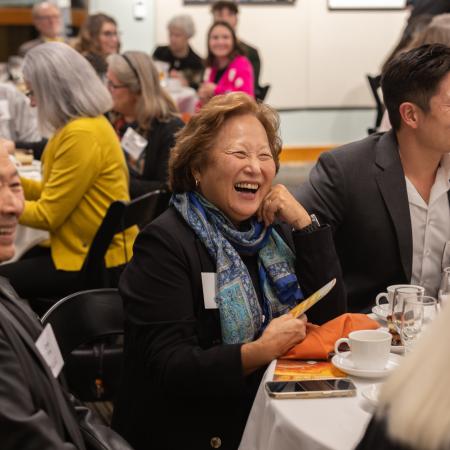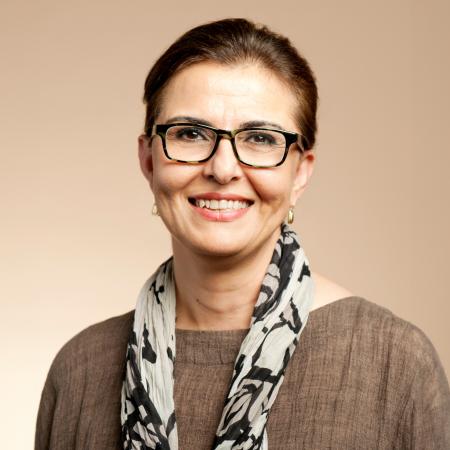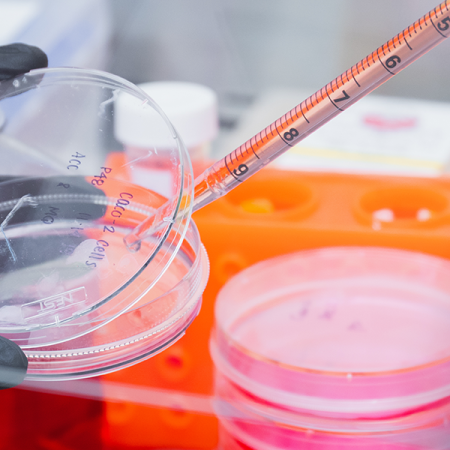Oregon State University Chemistry alumna Dr. Karen Nickel discussed the many uses of a science degree from clinical chemistry and biochemical genetics to molecular diagnostics and more on May 12 at 3:30 pm. Numerical ability, problem solving, analytical skills, and written and oral communication are highly valued by employers.
“It has been wonderful to be involved in the clinical laboratory testing for several decades,” said Nickel. “I have seen changes we never would have imagined ‘back then!’"
"New technologies provide real opportunities for young scientists to make a meaningful contribution to the diagnoses of diseases and dysfunctions.”
Nickel’s had an early interest in clinical endocrinology and healthcare so she focused on obtaining the education and credentials necessary. She received her B.S. in chemistry (biochemistry) from OSU, her M.S. in biochemistry and her Ph.D. in biochemistry/analytical chemistry both from Kansas State University. Her postdoctoral training was in clinical chemistry.
All that time in the lab gives you more transferable skills than you might think. Lab work can build skills in teamwork, time-management, data gathering and processing, critical thinking and computer software modeling.
Although Nickel began her career teaching college biochemistry courses, she transitioned into clinical chemistry after several years in education. Her background in chemistry offered her insight and a unique perspective to explore many areas of science as well as medicine, education, business and law.
After 22 years of working in clinical laboratories, she again transformed her science career and became chief of laboratories for the California Department of Health Services for nearly 20 years where she was responsible for shaping state and federal laws regarding clinical labs and personnel, blood and tissue banks.
The practical skills developed in the lab have helped Nickel’s throughout her career. She was able to take advantage of opportunities along the way to make a tremendous impact in the field of chemistry, including biochemistry (clinical research), public health, education (teaching, continuing education, training and licensure examinations), law, business (laboratory management, budgeting, operations and personnel training).
Nickel leveraged her clinical research experience into a passion for a host of laboratory and laboratory personnel issues, providing advice on diverse program areas, including:
- Blood banks,
- Tissue banks
- Cytology laboratories
- Public health laboratories
- Accredited and non-accredited clinical laboratories,
- Laboratory licensure
- Laboratory fraud
- Federal law (CLIA)
- Personnel licensure
- Continuing education and training programs
- Examinations
Nickel broke many gender barriers in the chemistry field, both as a graduate student in the 1960s and professionally. She had an exceptional career that spanned more than four decades as a clinical chemist in addition to serving as national president of the American Association for Clinical Chemistry (AACC).
Nickel continues to uses her experience to mentor and encourage young science professionals. Now retired, Nickel still serves as a consultant in public health to the state of California.




